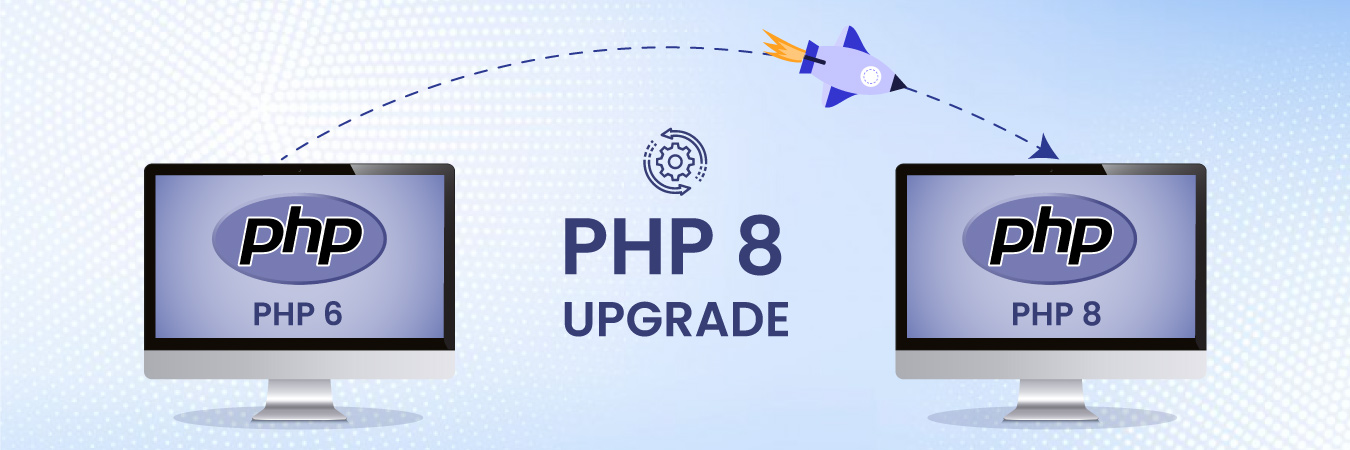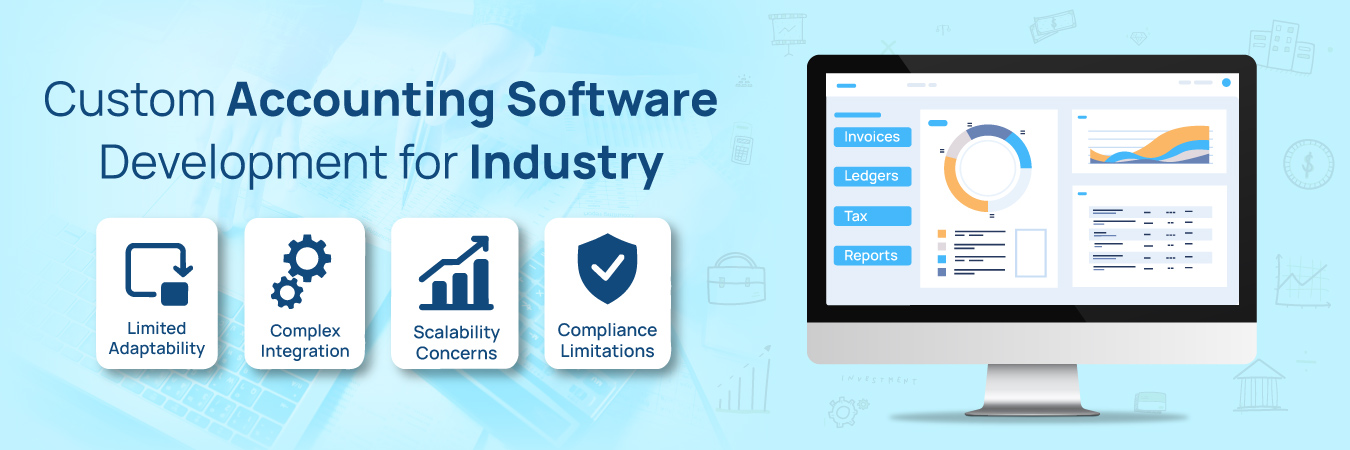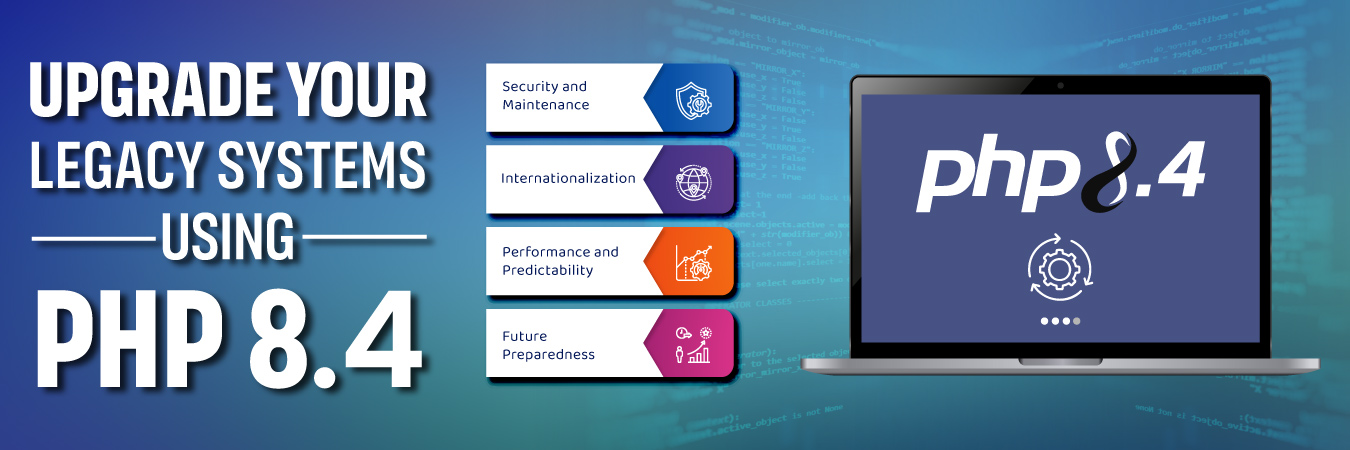
Common Challenges When Upgrading PHP Versions
PHP version upgrades can be dotted with various challenges. The process isn’t as straightforward as businesses think. Partnering with a PHP upgrade expert can help you overcome each challenge. However, knowing the potential issues can help you prepare for them, especially if you are planning to upgrade the PHP version of your application. So, let’s look at nine common challenges of upgrading PHP versions.
Upgrading PHP Version – Challenges and Solutions
Let’s look at nine common challenges companies face when they upgrade PHP versions.
1. Compatibility Problems
A few applications or libraries may not be compatible with the new PHP version, due to deprecated features or behavioral changes. To avoid such a challenge or prepare for it, you should test your application and libraries comprehensively with the new PHP version. Partnering with a PHP upgrade specialist and using professional tools can help you identify deprecated features or incompatible code.
2. Reduced Performance
Sometimes, upgrading PHP can lead to a degradation of performance due to changes in the underlying engine or configuration settings. To overcome this challenge, you should benchmark your application before and after the upgrade to identify any performance regressions. Furthermore, you can also adjust PHP configuration settings as needed to optimize your application’s performance.
3. Framework or CMS Incompatibility
Businesses usually use various frameworks and CMSs to suit their operational needs. In many cases, they have their current PHP applications integrated with the existing systems. While everything works in the existing environment, an upgrade can result in challenges. The upgraded PHP version can be incompatible with the existing framework or CMS. In such cases, refer to the framework or CMS documentation and seek insights into compatibility challenges. Sometimes, you may also have to upgrade the framework and CMS to match the compatibility needs of the app’s upgraded PHP version.
4. Dependency Management
While upgrading PHP, you may be required to update dependencies. These dependencies could lead to compatibility issues. Accordingly, before you upgrade the PHP version, you should review the dependencies in your project and ensure their compatibility with the target PHP version. You should upgrade dependencies to their most recent versions that support the new PHP version. Furthermore, you should conduct comprehensive checks to identify compatibility concerns.
5. Custom Extensions or Modules
Some businesses may have custom PHP extensions or modules installed. If you are one among them, you may be required to recompile or update PHP extensions or modules to function efficiently with the new PHP version. A solution to it is to compile or update custom extensions/modules for the intended PHP version. Besides, you should ensure the compatibility of third-party dependencies required for compilation. Additionally, you should test the functionality of custom extensions/modules after upgrading PHP.
6. Security Vulnerabilities
Another significant challenge you may confront while upgrading PHP version includes patching of security vulnerabilities. The old PHP version may have known security vulnerabilities that can get patched in newer versions. You should be careful about security while upgrading to the latest PHP version. Furthermore, you should monitor PHP security advisories and upgrade to the latest version promptly. Using comprehensive and professional tools with the help of PHP upgrade experts can help you identify and mitigate security vulnerabilities in their dependencies.
7. Environment Configuration
While upgrading your PHP application, you may be required to make adjustments to server configurations. If that’s the case, you should document your server configurations and ensure their compatibility with the new PHP version. Additionally, you should update configuration files as required and test them thoroughly before deploying them to production.
8. Deployment and Rollback Plan
Another of the common challenges of upgrading the PHP version is having a proper deployment and rollback strategy. To avoid or overcome it, you should execute a deployment strategy like blue-green deployment or rolling updates to curtail the downtime. Additionally, you should ensure your backups and an effective rollback plan to cover upgrade failures.
9. Error Reporting
An upgrade to the PHP version may change the default error reporting and logging behavior, probably impacting the way you handle errors and alerts in your application. You can deal with this challenge by reviewing the PHP documentation for changes to error reporting and logging into the new PHP version. Furthermore, you can update your error handling and logging mechanisms to ensure appropriate capturing of errors and warnings.
Are you looking to upgrade your existing PHP application to the latest PHP version and looking for an expert? Choose Fidel Softech. While taking care of issues of upgrading the PHP version, our experts help you blissfully move your application to the newer version and optimize the upgrade. Please email us at sales@fidelsoftech.com to explore more about our PHP application development and upgrade support.
Ref. No – FB03241084
Related Blogs
Choosing Between Outsourcing vs Staff Augmentation for Software Development
Are you looking to develop a software solution for your company but wondering whether to go for outsourcing vs staff augmentation? Then, let us tell...
Custom Accounting Software Development for Industry-Specific Needs
Custom accounting software development becomes essential when businesses rely on accounting systems that promise universal compatibility,...
Upgrade Your Legacy Systems Using PHP 8.4 New Features
PHP gets even better! Yes. While already great, the latest PHP 8.4 release is yet another giant leap forward for the programming language. However,...



